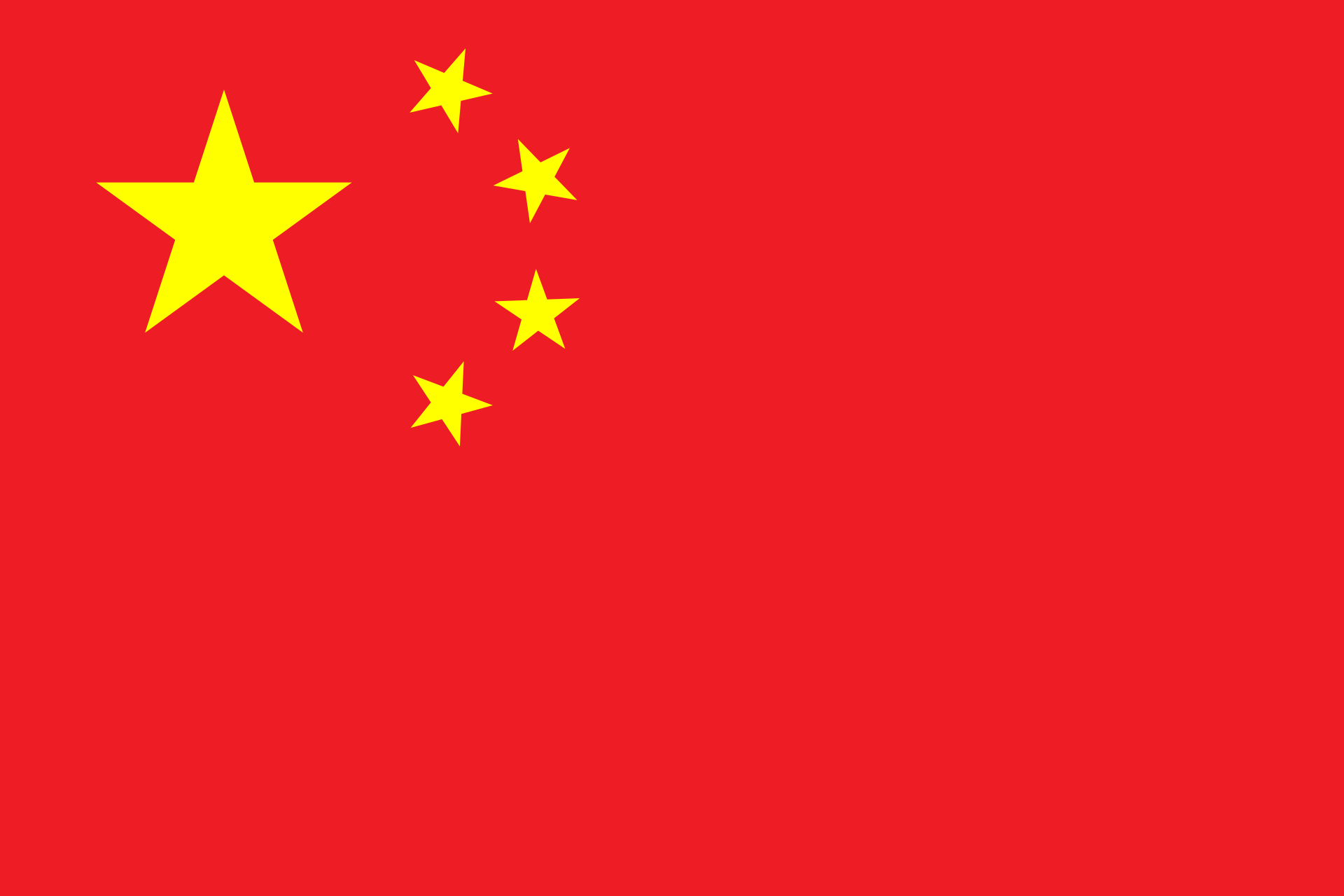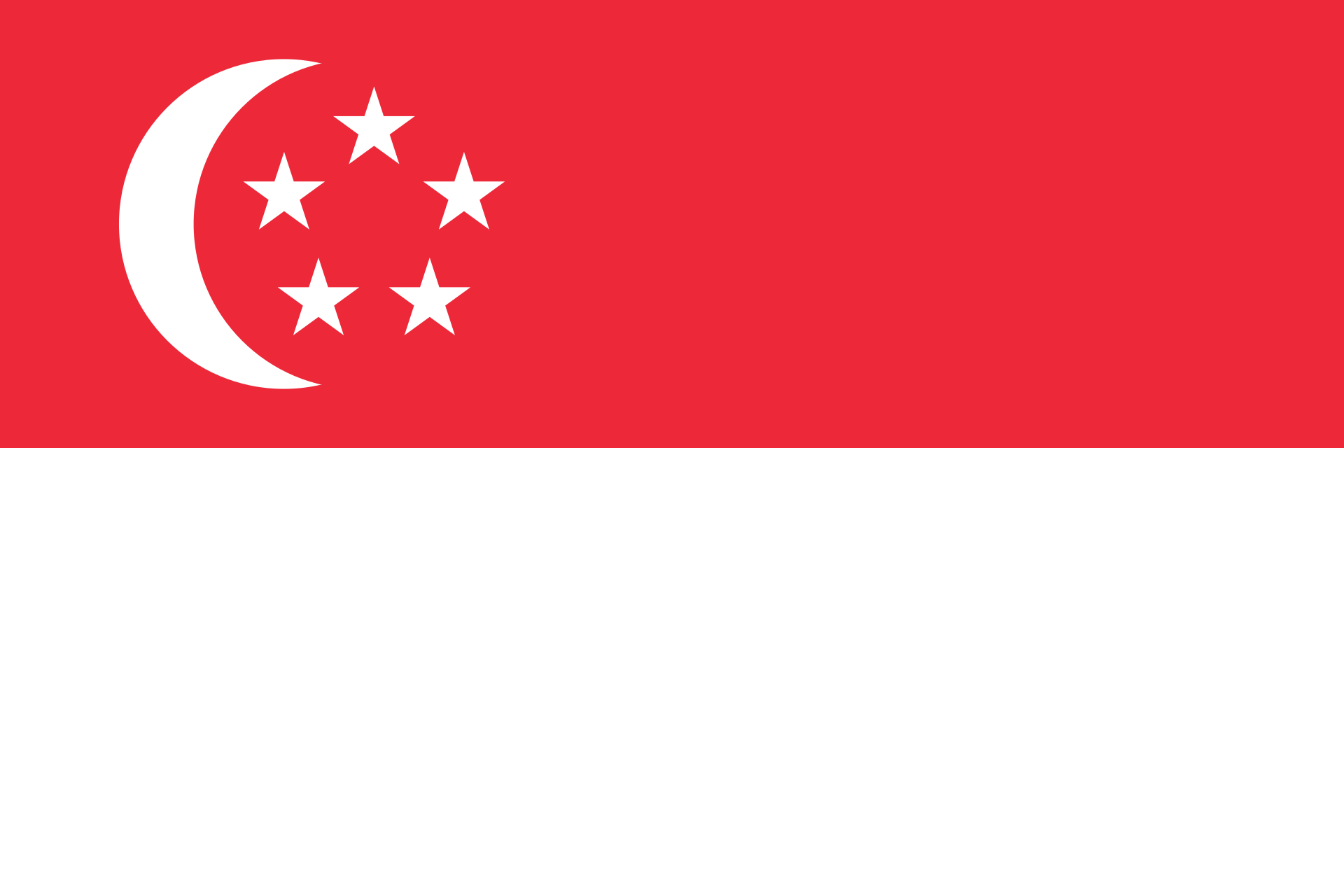Training Hub
 Multilateral Seminars offered by the Government of China
Multilateral Seminars offered by the Government of China
Please see the following application forms:
 Singapore Cooperation Programme (SCP)
Singapore Cooperation Programme (SCP)
For courses offered by the Singapore Cooperation Programme (SCP), please see the following calendar:
DISCLAIMER: Public Officers are to note that applications for courses (except for ITEC programmes) are to be sent to TCUTraining@gov.tt only after the Ministry has advertised the course(s) to Ministries/Departments/Agencies. Queries should be directed to (868)-623-4724 extensions 31963/31957.
For courses offered by the ITEC Programmes, see the following calendar:
Application Process:
Application Forms are accessible from the ITEC website and must be completed and endorsed by the Head of Division with justification for their selection.
Completed forms (soft copies) must be submitted to Ms. Delisa Ramdass, Planning, Human Resource Management Division, MPAAI.
Note: Nomination does not guarantee acceptance for the training.
Required Documents:
- • Application form
- • Resume
- • Passport bio-data page
- • Justification from your Head of Division
For further information, contact Ms. Delisa Ramdass:
E-mail: delisa.ramdass@gov.tt |
Tel: (868)-623-4724 ext. 31628
Strategic Leadership and Public Governance
This course will provide insights into how Singapore employs sustainable urban transport planning strategies and innovations to develop and manage our land transport systems effectively in environmental, financial and social aspects.
International Diploma in Seismology: Use of Seismological Data – 3rd Online Edition
To develop advanced capabilities in Seismology that integrate scientific and technical foundations, data analysis and processing tools, along with a critical understanding of the state of the art, in order to apply this knowledge in the characterization, modeling and real-time monitoring of earthquakes, thus strengthening the scientific and technological response to the occurrence of large-magnitude seismic events in the region.
International Training Programme on Soil Geology for Non-Specialist Engineers
To provide engineers who are not specialists in geology with the knowledge and skills necessary to identify, analyze and apply fundamental geological concepts in engineering projects, improving their ability to assess ground conditions, construction materials and the influence of geological processes on the safety and viability of infrastructure.
Public Service Academy - Learning Activities January to March 2026
Various courses are available. Please note that these courses are scheduled tentatively and are only confirmed upon the dispatch of the respective Circular Memoranda.




